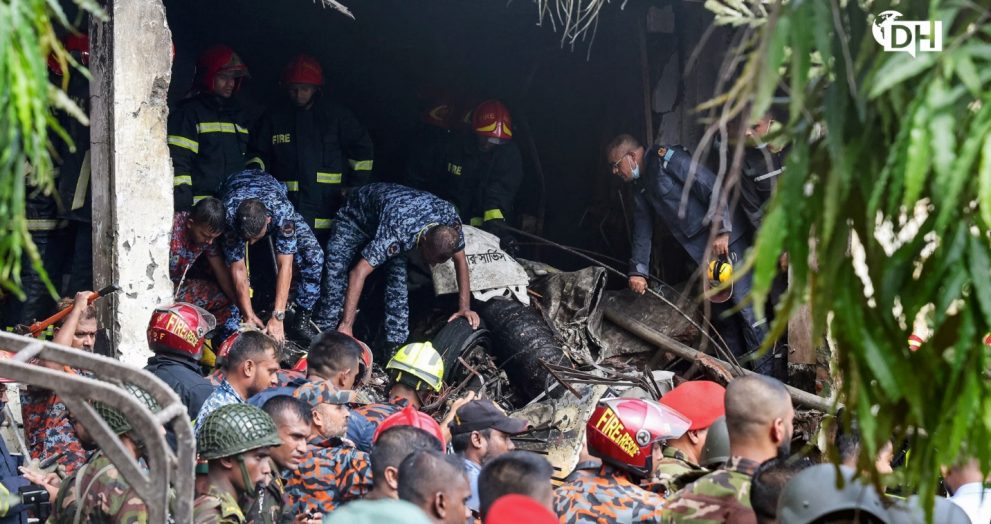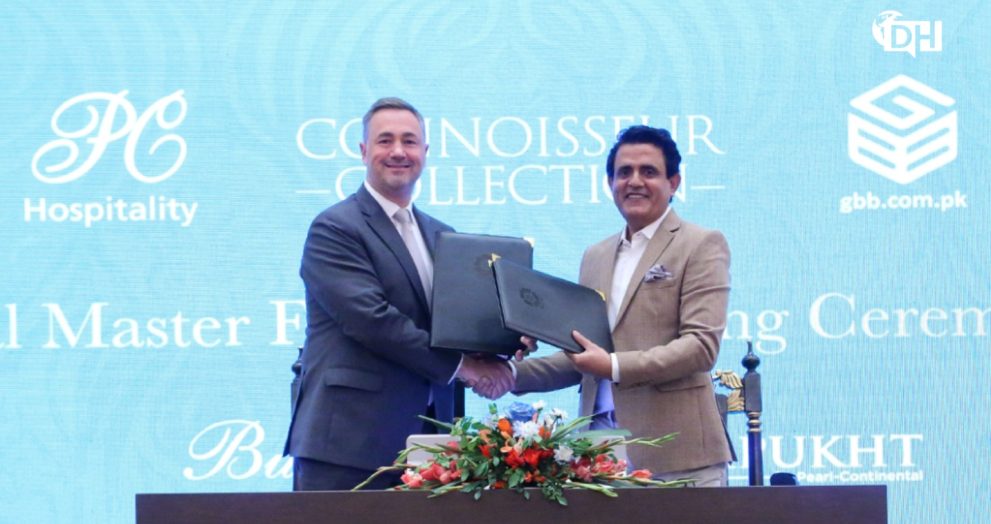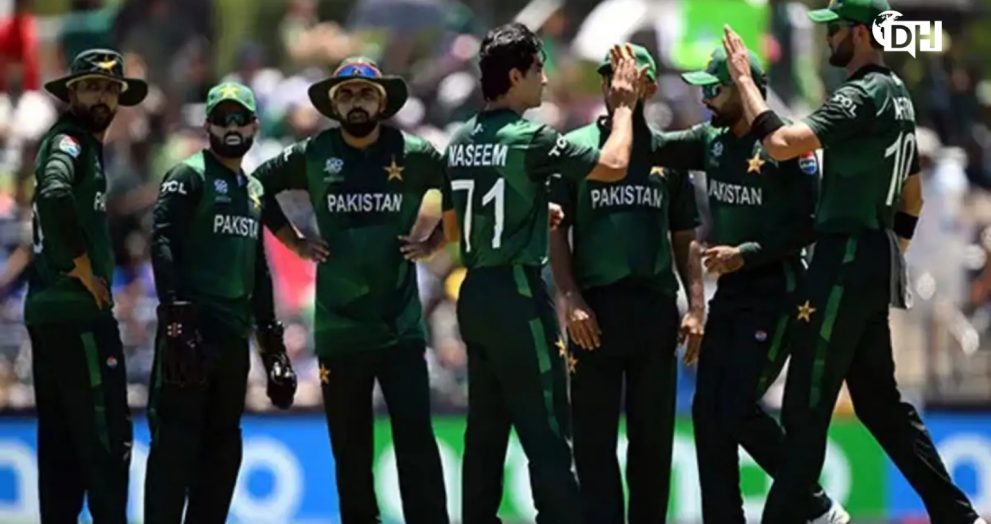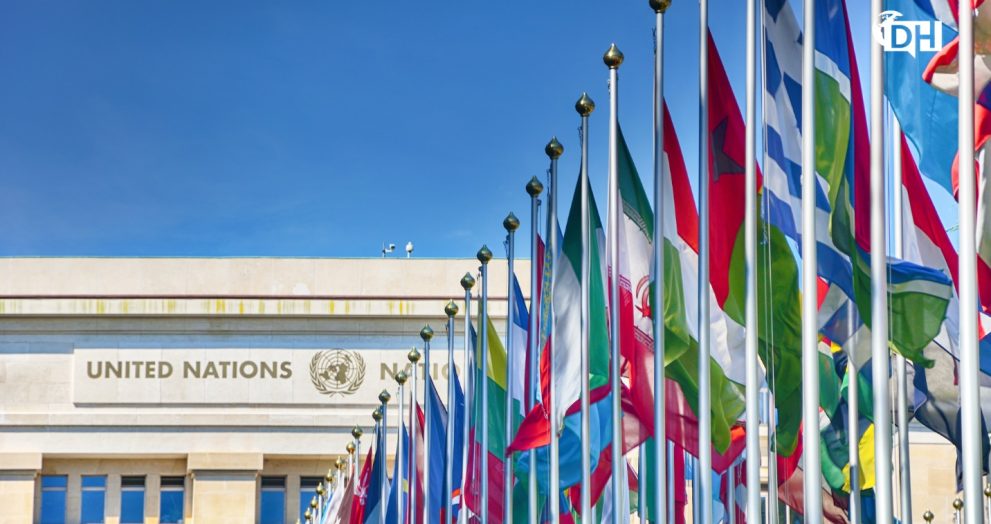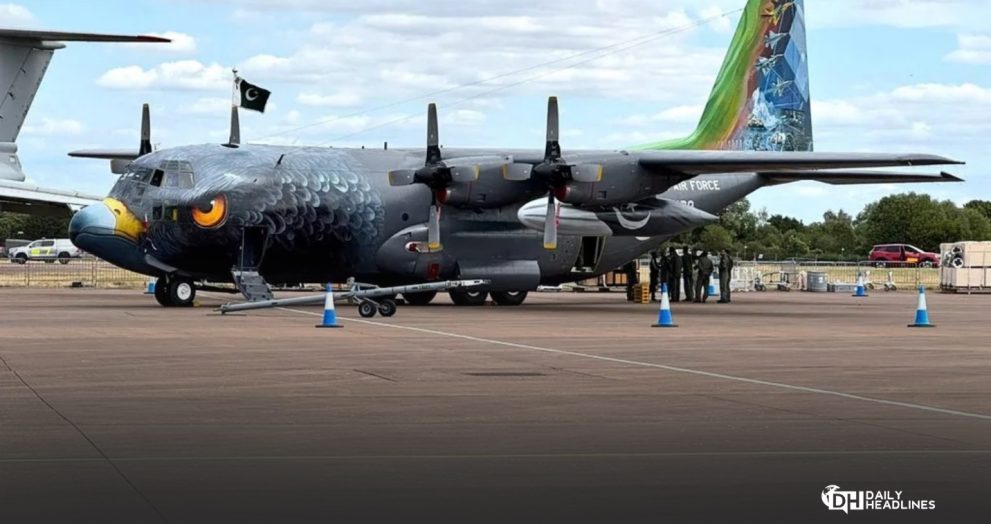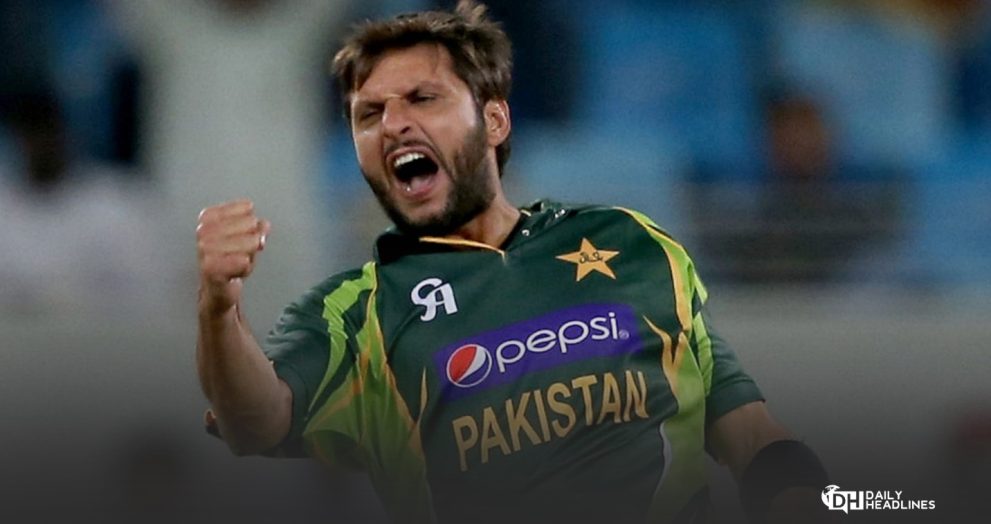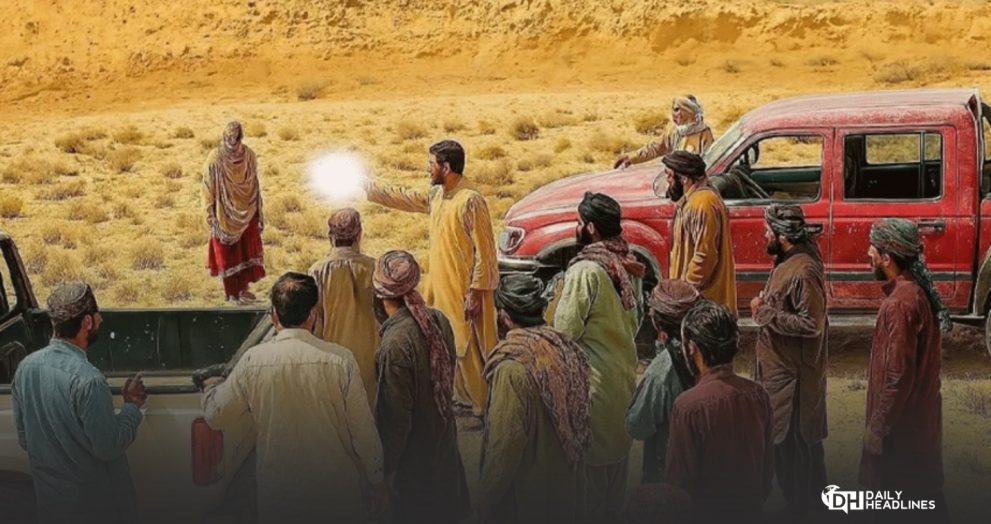Huawei Pura 80 Vanilla Model Set for China Pre-Sale Launch This Week
After the international rollout of the Pura 80 Pro+ and Ultra models earlier this year, Huawei is now gearing up for the Huawei Pura 80 launch of the vanilla version. Scheduled for pre-sale in China on Wednesday, July 23, this marks a delayed debut compared to its higher-end siblings. Interestingly, as of now, the official Huawei China website does not feature a “Buy” button for the Pura 80 vanilla, and searching the Huawei online store returns no results. These missing sales options hint that full availability and ordering details may go live only once the pre-sale officially opens. The standard Huawei Pura 80 launch model is reported to be powered by the Kirin 9010S chip, differentiating it from the more advanced Pro+ and Ultra models which come with the Kirin 9020 processor. Technical specifications for the Kirin 9010S remain mostly undisclosed, but insights from the original Kirin 9010 suggest it includes an octa-core Taishan CPU configured in a 1+3+4 layout. This chip also supports hyper-threading technology and is equipped with a Maleoon 910 GPU, promising efficient performance and graphics handling. Huawei’s most recent HarmonyOS 5.1 will be pre-installed on the vanilla Pura 80, providing a smooth and improved user experience. This operating system update adds a number of new features and optimizations that support the expansion of Huawei’s ecosystem. For design enthusiasts, Huawei offers the Pura 80 vanilla in four sophisticated colors: Velvet Gold, Velvet Green, Velvet White, and Velvet Black. These options provide buyers with elegant and stylish choices to suit different tastes. Huawei’s staggered release strategy, launching higher-end Pura 80 models internationally first and following with the vanilla model domestically, appears to focus on maximizing market coverage and targeting distinct consumer segments effectively. As the pre-sale launch date nears, more detailed information is expected regarding pricing, availability, and sales channels. Consumers interested in the Huawei Pura 80 launch should monitor Huawei’s official announcements closely. In summary, the Huawei Pura 80 launch vanilla edition is set to hit the Chinese market this week, powered by the Kirin 9010S chip, equipped with HarmonyOS 5.1, and offered in a variety of colors. This launch completes the Pura 80 lineup, giving consumers a fuller range of options in Huawei’s mid-to-high-end smartphone portfolio.




